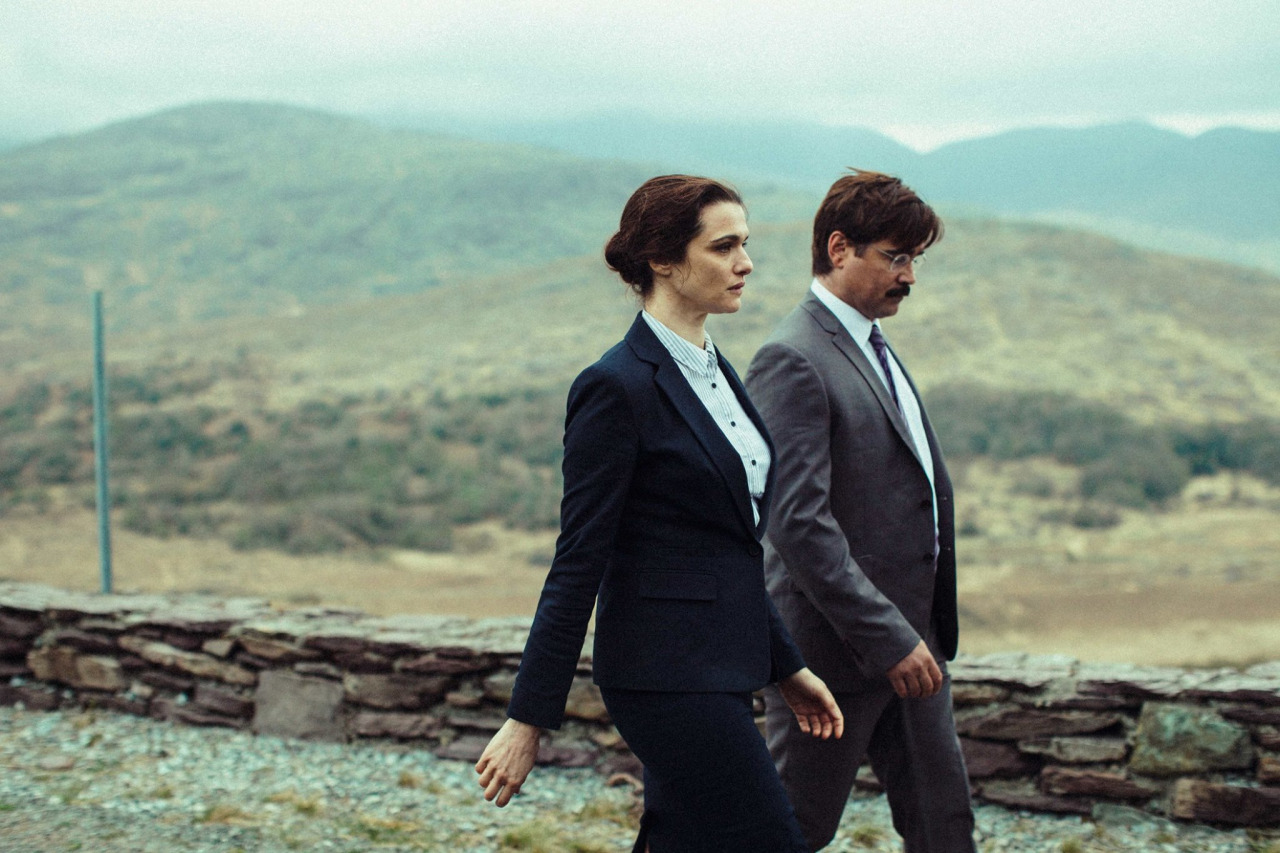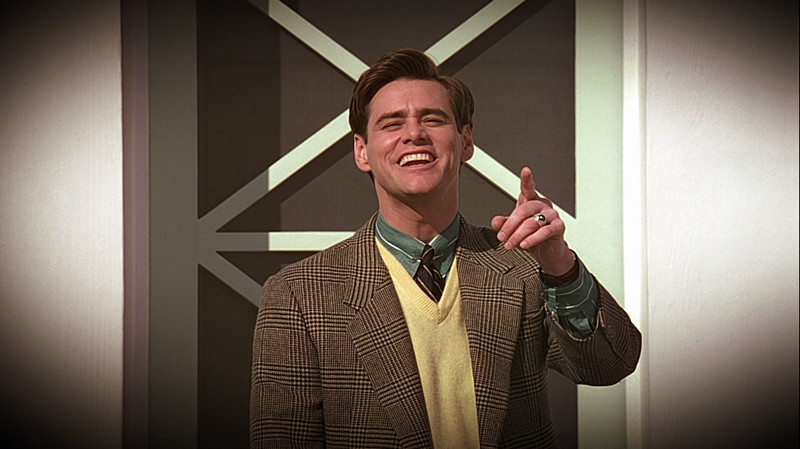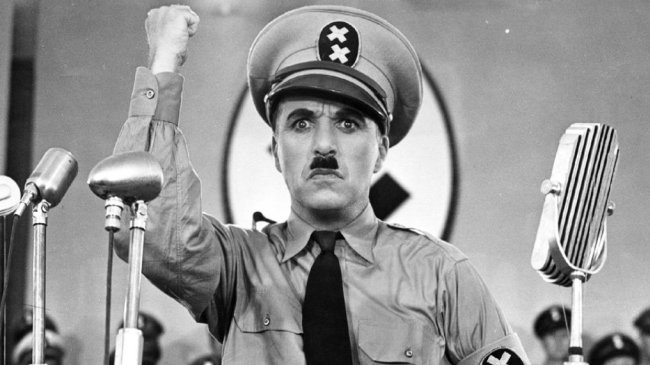
Human emotions comprise a maze which even the most brilliant minds have been unable to completely map. Emotions can be defined and listed, but their triggers and origins remain eternally unclear. Even the most stoic among us are occasionally confronted with our human susceptibility to unpredictable feelings that arise at inopportune times.
Films have a unique way of prompting emotions in their audiences, who are temporarily under the captive power of the medium. Within the controlled environment of a great movie, feelings may exist side by side or in succession which would ordinarily not keep frequent company. Joy and sorrow are two such examples, and when comedy and tragedy exist within the same film the effect can be complex.
When a film handles these two contrasting elements with skill, it’s a winning combination. Perhaps we’re most ready to laugh when we feel the saddest, or perhaps we’re most vulnerable to sorrow when life seems sunny; but the proper balance of comedy and tragedy provides a powerful experience. Here are 10 films that walk the tightrope perfectly.
10. One Flew Over the Cuckoo’s Nest (1975) – Miloš Forman

This iconic adaption of Ken Kesey’s novel helped to cement Jack Nicholson’s stature as an actor, and it remains a landmark piece of cinema. Much of the fun in this film is channeled through Nicholson’s reckless, free-spirited character, and through him also come some tragic moments.
But one shouldn’t neglect the crucial roles that the supporting cast play in this film, with their well-drawn characters possessing the depth of personality needed to evoke our full range of emotions. Louise Fletcher, William Redfield, Will Sampson, Christopher Lloyd and Brad Dourif deliver unforgettable performances as one of the most unique groups in any film.
The setting is a mental institution, and these players make up the resident patients, with Fletcher playing Nurse Ratched – one of cinema’s all-time great villains. When Nicholson’s character is placed in the institution, he arrives with a determination to not play by the rules and to have as much fun as possible. When his rebellious spirit starts infecting the other patients, the wrath of Nurse Ratched is kindled, and she becomes determined to stop him all all costs.
The level of emotion felt by the viewer may depend on her or his opinion of the main character, but One Flew Over the Cuckoo’s Nest has been inspiring laughter and tears in many over the years, and it deserves its place on this list.
9. The Rules of the Game (1939) – Jean Renoir

The Rules of the Game is a savage social satire that lays bare the secrets slithering just under the surface of a polite upper class society. When an aristocrat hosts a hunting party at which the servants and their employers will interact, a host of concealed passions explode in violent fashion. Overlapping adulterous affairs come to light, masked hatred is exposed, and murderous anger becomes the order of the day.
The comedy in this film rises primarily from the absurdly hypocritical behavior of the socialites, who have become parodies of themselves. But as the truth is exposed throughout the evening, things take a more tragic turn as the characters reckon with the real world consequences of their behavior. This dark comedy never ceases for a moment to ring true to real life, as the rules of the game are broken and hypocrisy is for at least a night revealed as the true reality.
8. The Lobster (2015) – Yorgos Lanthimos

The amount of humor you find in The Lobster may depend on your personality type, but those with a taste for the surreal and the absurd will find this one a riot. The Lobster is full of bizarre dialogue matching its Kafkaesque story, and the effect is a potent one. Colin Farrell delivers his lines with a dedicated bland stoicism which enhances the tone of the film, and Rachel Weisz, Léa Seydoux, and John C. Reilly fill supporting roles brilliantly.
The premise of the film is itself brimming with comedic and tragic elements: in a vaguely situated dystopian society, single people are sent to a resort-style hotel and given 45 days to find a new partner. Failing to find a match, they will be turned into an animal of their choice after the allotted time expires.
The story unfolds with comedy and tragedy partaking in a strange dance that moves our emotions in spite of ourselves. The Lobster ends with a shattering climax so tragic and yet so absurd that you’ll need several minutes to sort out exactly what you’re feeling.
7. The Truman Show (1998) – Peter Weir

Jim Carrey made a handful of excellent films in which he showcased his talents for both comedy and drama, but The Truman Show is his best effort in this direction. Slipping from his trademark madcap comedy style to moments of tragic sensitivity and devastation, Carrey carries the acting portion of the film squarely on his shoulders. But The Truman Show is also one of the smartest films you’re likely to find, with a narrative that works equally well on both superficial and metaphorical levels. Director Peter Weir directs in an understated, observant way that serves the strength of the story.
Our hero, Truman Burbank, has unknowingly lived all of his life as the star of a reality tv show centered around him. With a perfectly choreographed lifestyle, and actors playing his friends and family, Truman lives in blissful ignorance of how he is being manipulated. But when the tv producers let a few crucial mistakes go unnoticed, Truman begins to suspect the reality of the situation and must decide how far to investigate, and how to handle the consequences of the truth.
6. The Great Dictator (1940) – Charlie Chaplin

Charlie Chaplin assumes the roles of both a meek Jewish barber and a tyrannical dictator bent on destroying the barber’s way of life in this classic. Made in 1940, this satirical film’s references to the current events surrounding World War II are obvious, and it manages to be both cuttingly critical of injustice and yet lighthearted along the way. Chaplin applies his legendary skills as a comedian to a story about a time in history even more legendarily tragic.
When Chaplin’s barber and lookalike dictator get caught up in a case of mistaken identity, the barber is forced to deliver a public speech to a massive crowd. The result is one of the most iconic scenes in cinematic history, featuring a stirring address about peace in the face of the atrocities of which humans are capable.
The Great Dictator is a delightfully fun adventure which fully understands the serious implications of its own story and message. Charlie Chaplin directed, wrote, produced, and starred in this classic which was risky for its time and still relevant today.